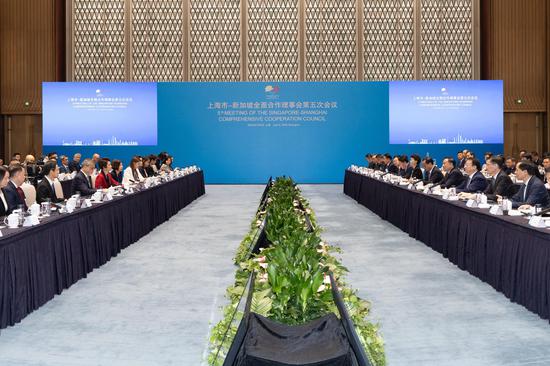
The 5th meeting of the Singapore-Shanghai Comprehensive Cooperation Council (SSCCC) is held in Shanghai on July 9, 2024. (Photo/GT)
The 5th meeting of the Singapore-Shanghai Comprehensive Cooperation Council (SSCCC) was held in Shanghai on Tuesday, aiming to deepen cooperation between Singapore and Shanghai in various fields including finance, technology innovation and the digital economy.
This year marks the 5th anniversary of the establishment of the SSCCC, and the two regions have worked together to deepen cooperation in areas such as the Belt and Road Initiative, financial services, technology innovation, the business environment, urban governance, and people-to-people exchanges. They have implemented 37 cooperation memoranda in the past five years.
A total of 15 memoranda of cooperation between Singapore and Shanghai were signed at the meeting, including a cooperation memorandum between Ruijin Hospital, Shanghai Jiao Tong University School of Medicine and National University Hospital Singapore, a memorandum between Shanghai Municipal Commission of Commerce and Enterprise Singapore, and a memorandum between Shanghai International Arbitration Center and Singapore Chamber of Maritime Arbitration.
Gong Zheng, SSCCC Shanghai co-chairman and mayor of Shanghai, and Hua Yuan, SSCCC Shanghai vice co-chairman and vice mayor of Shanghai, attended the meeting. SSCCC Singapore Co-chairman, Minister for Culture, Community and Youth and Second Minister for Law of Singapore Edwin Tong and SSCCC Singapore Vice Co-chairman, Senior Minister of State, Ministry of Trade and Industry & Ministry of Culture, Community and Youth of Singapore Low Yen Ling were also at the meeting.
The past five years of collaboration have deepened the cultural exchanges between both sides, which has facilitated a better understanding and advancement of cooperation in various fields.
“In certain medical fields, over the past five years, we have deepened our connections with colleagues in Singapore, developing from initially learning from them to mutually complementing and learning from each other,” Ning Guang, head of Ruijin Hospital in Shanghai, told the Global Times on Tuesday.
“We are seeking more collaboration in various fields such as smart healthcare, telemedicine, and surgical robotics. These forward-looking partnerships will benefit both parties involved,” Ning said. Ruijin Hospital and National University Hospital Singapore plan to establish a medical innovation center to deepen the communication between the two sides, according to Ning.
Along with medical cooperation, Shanghai and Singapore are also seeking deepened ties in other sectors such as business and people-to-people exchanges.
Shanghai has always been at the forefront of China's development. Shanghai and Singapore have complementary advantages and can achieve effective results through cooperation, Huang Fei, director of Singapore Enterprise Centre, told the Global Times on Tuesday.
Under cooperation mechanisms such as the SSCCC, more efforts have been made to deepen understanding of Singapore beyond just tourism. Additionally, a short film about Singaporean businesses in China has been produced to provide a deeper insight into the industrial structure, facilitating further communication and development between the two sides, according to Huang.
The SSCCC can facilitate connections between high-quality companies in Shanghai and firms from Singapore. Additionally, this will provide more market opportunities for small and medium-sized enterprises from Singapore, Huang said.
Wang Weijun, secretary-general of the Shanghai International Economic and Trade Arbitration Commission, told the Global Times that she felt the mutual trust and understanding achieved in the field of legal arbitration during the past five years.
There has been increased familiarity and cooperation between legal professionals in China and Singapore, leading to a more stable dispute resolution process for Chinese companies in international trade negotiations, said Wang.








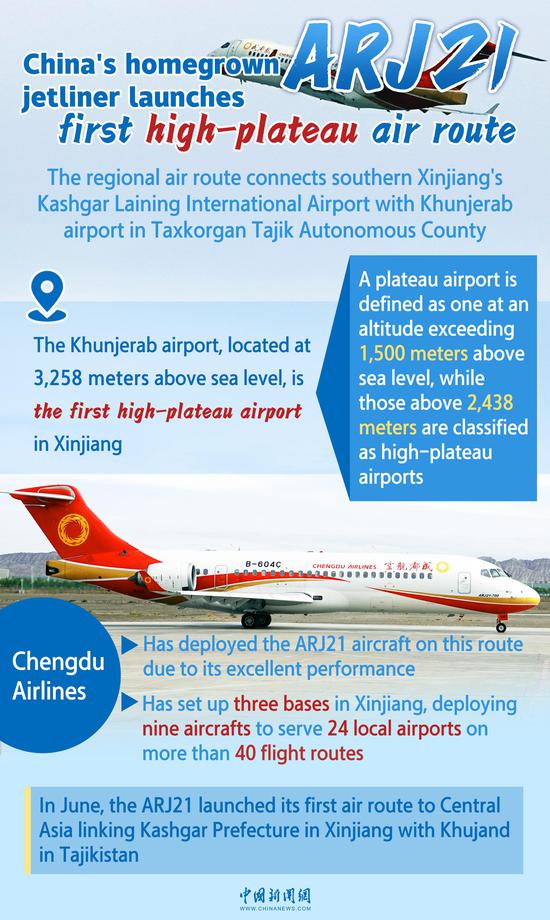




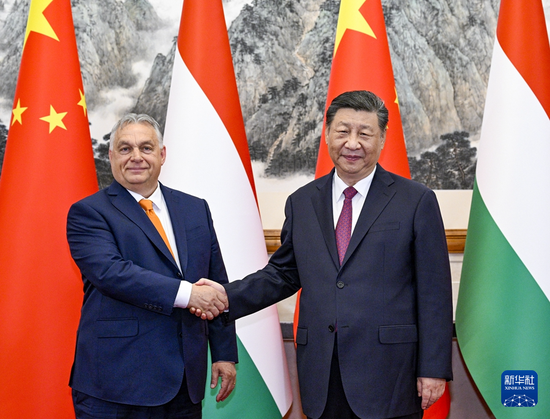

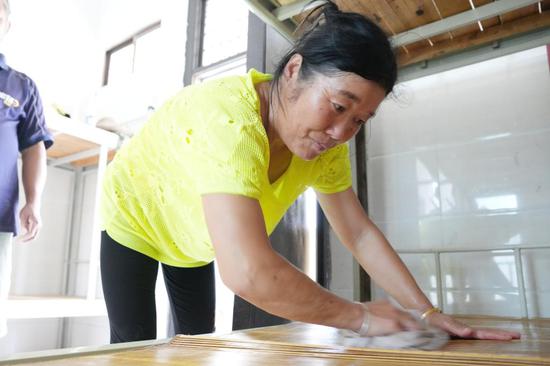

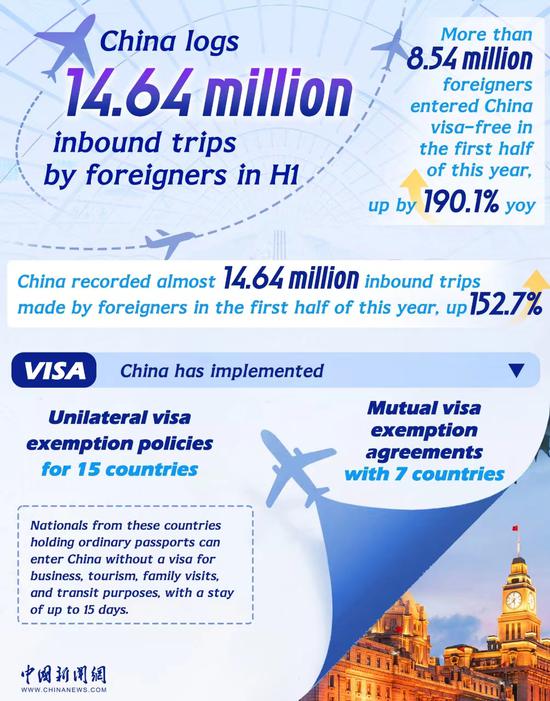

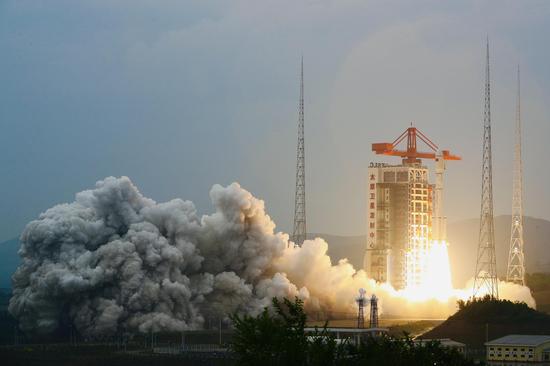

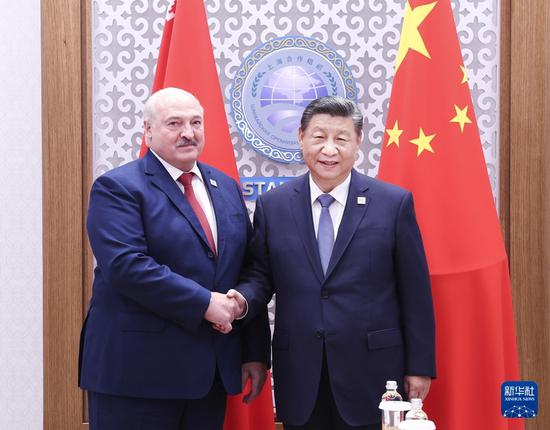
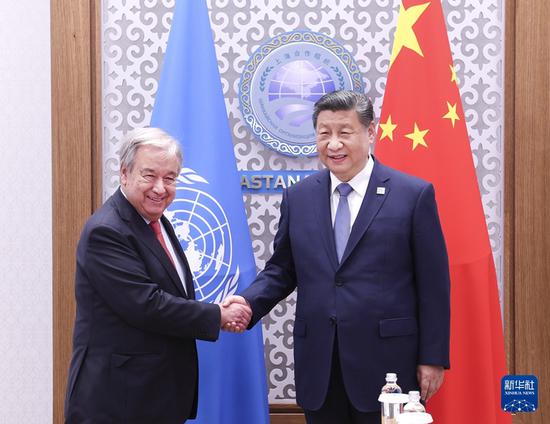
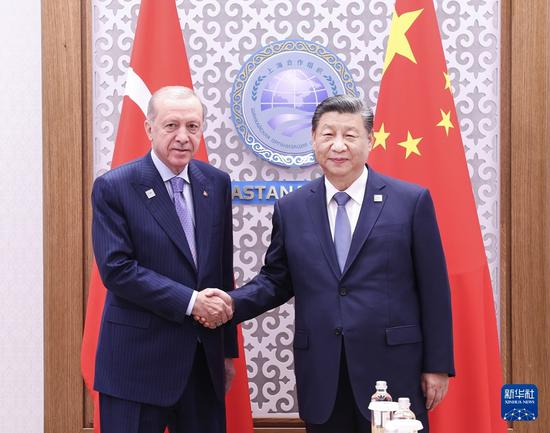
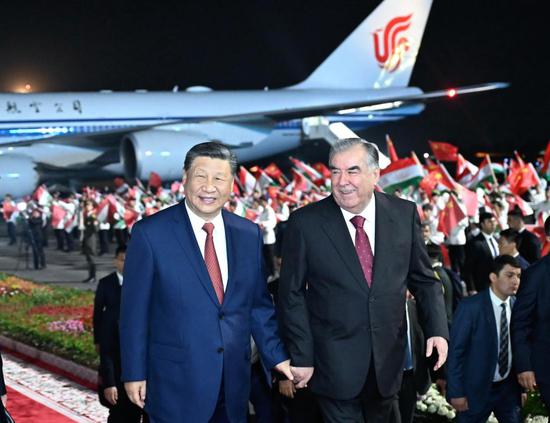
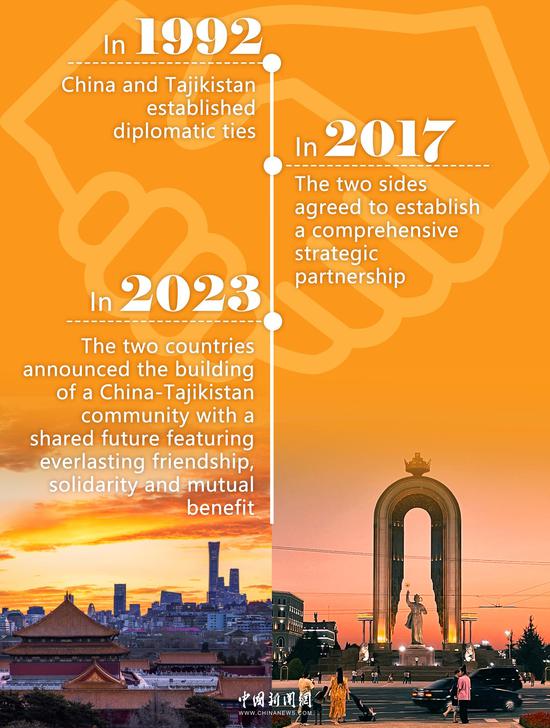
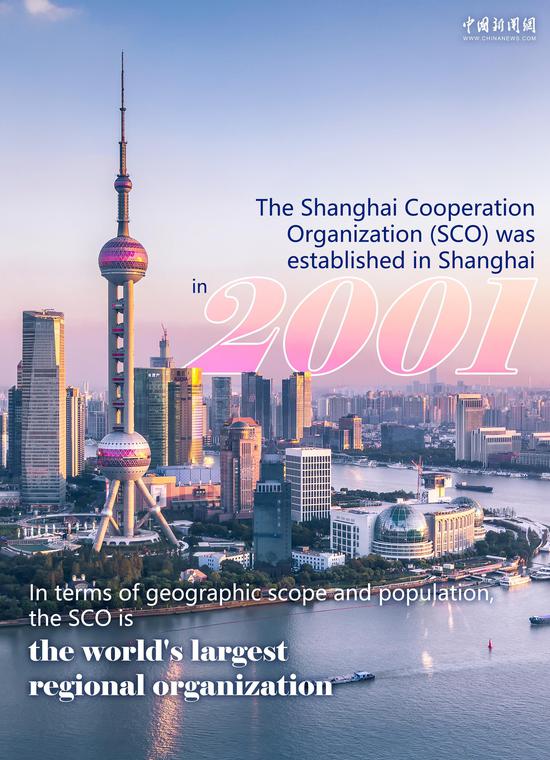

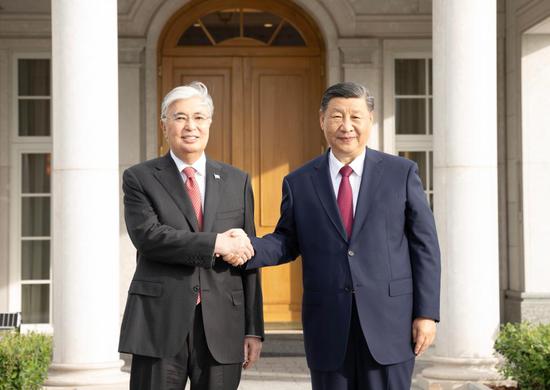
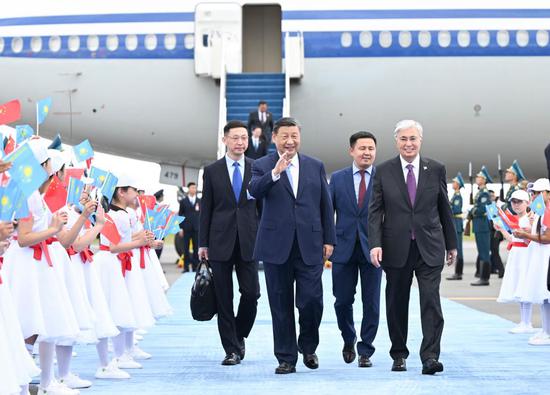
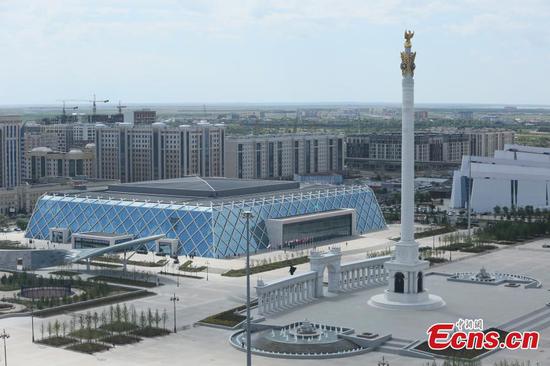
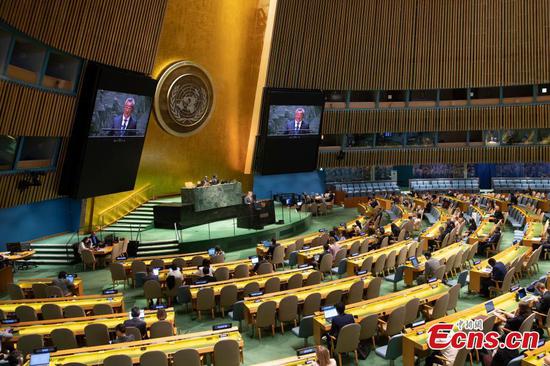
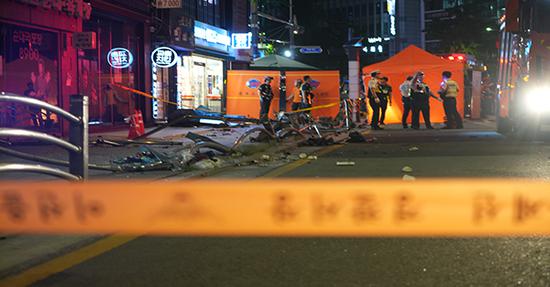

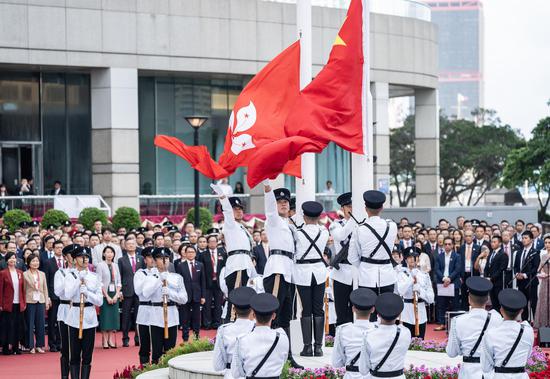


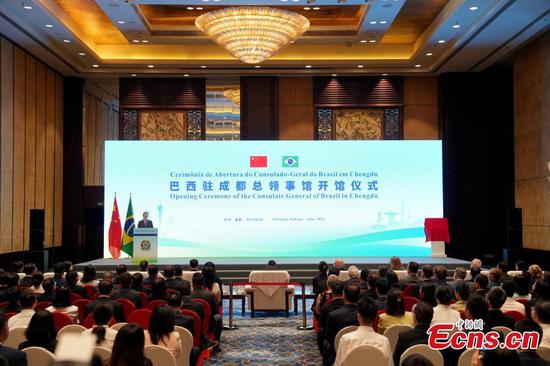
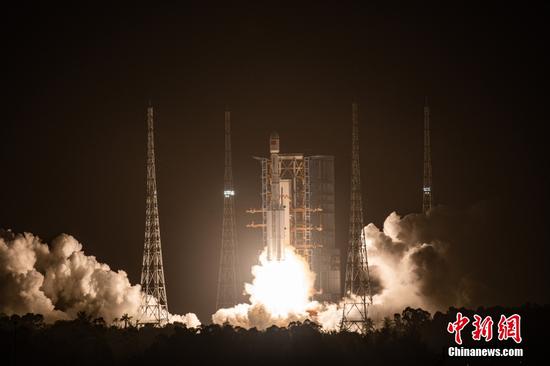


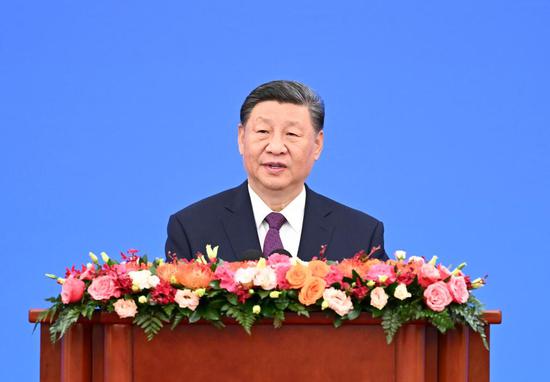
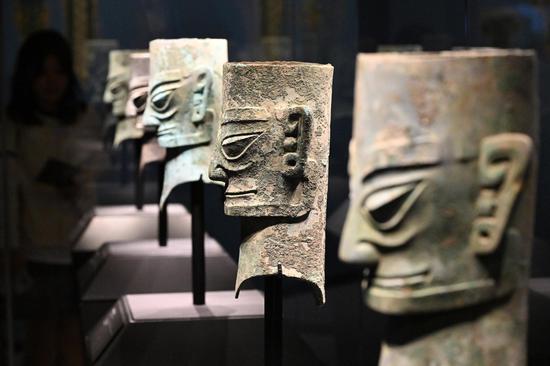
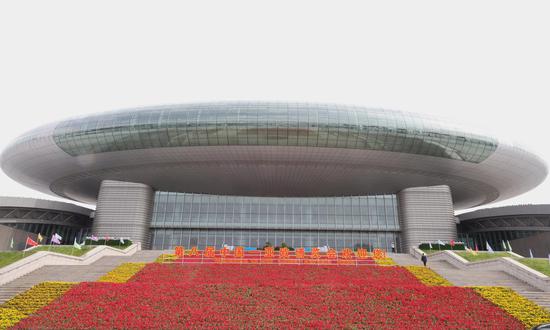






 京公网安备 11010202009201号
京公网安备 11010202009201号